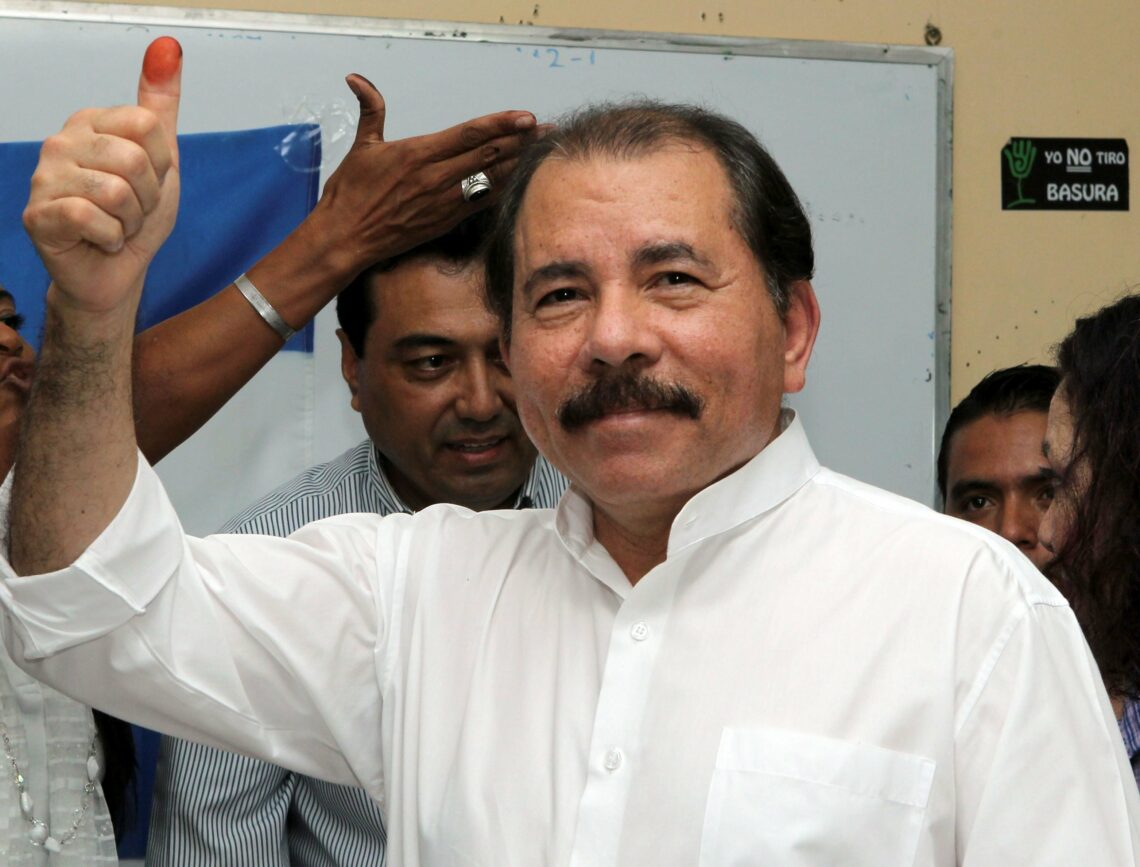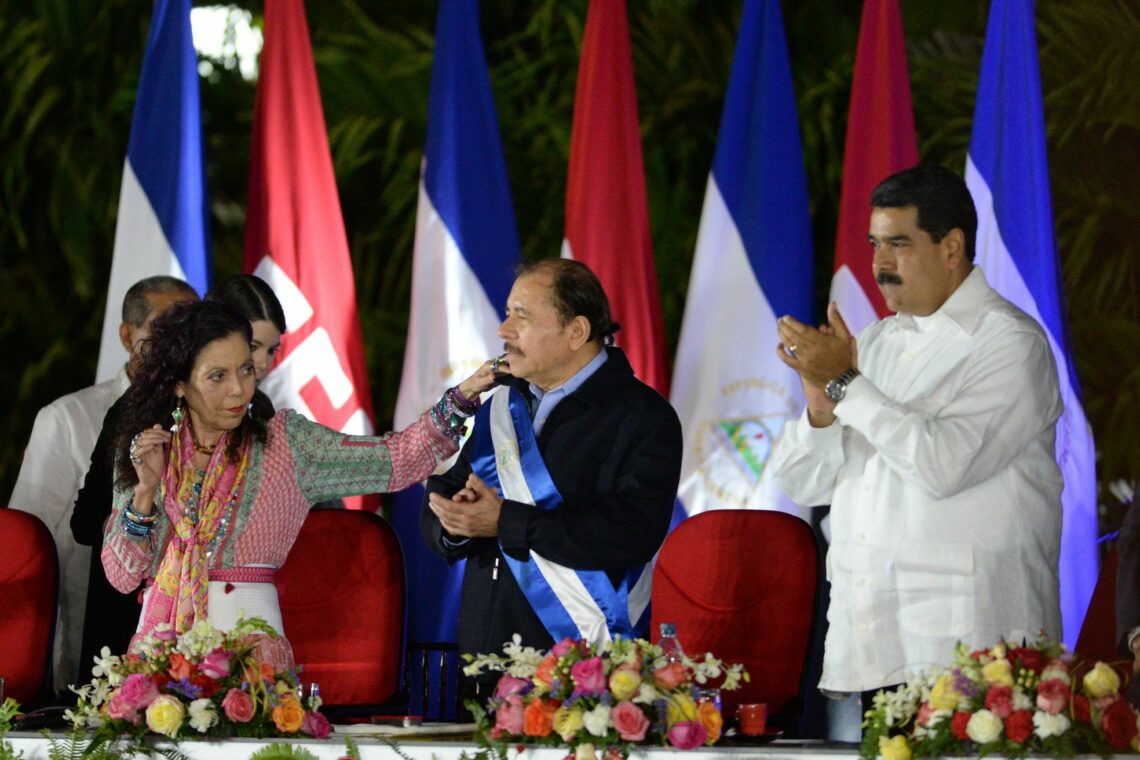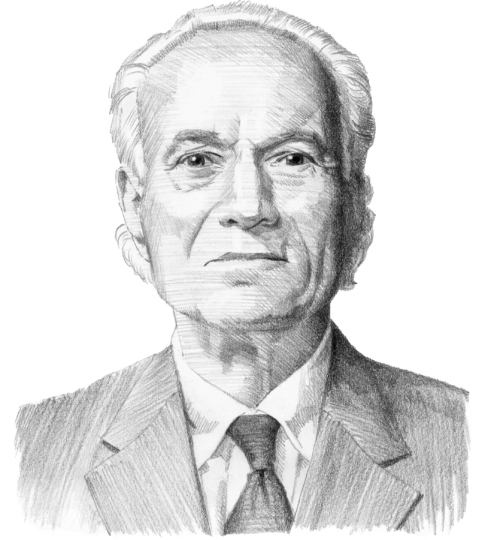Ortega’s madness, or Nicaragua under Covid-19
President Ortega has slowly taken Nicaragua down the path of dictatorship. With the economy in free fall, the government has resorted to brutal repression. Then the coronavirus pandemic hit the country, further deteriorating an already tense situation.

In a nutshell
- President Ortega has gradually moved towards a dictatorship in Nicaragua
- His administration took no measures against the pandemic
- Rising poverty levels could destabilize the country
Political scientists Steven Levitsky and Lucan Way argue that there is a new category of government they call “competitive authoritarianism,” in which the ruler is authoritarian but rules within the boundaries of certain forms of democratic behavior and institutions. They also indicate that the personality of rulers, especially their ego and sense of omnipotence, plays a role in how they accumulate and hold power.
In Nicaragua, Daniel Ortega began as an elected and reelected president and has slowly turned his country into an authoritarian dictatorship. Now, he has made his wife, Rosario Murillo, the vice president, appointed two of their children to critical jobs running large state enterprises and made it clear that he has no intention of leaving power.
Economy in free fall
Nicaragua remains a competitive authoritarian regime, although the space for contestation keeps getting smaller and episodes of protest are getting bloodier.
President Ortega never aspired to be a totalitarian ruler. But, in 2018, things got out of hand.
At the beginning of his latest term in office, President Ortega never aspired to be a totalitarian ruler. He struck an alliance with the country’s small and medium-sized businesses to keep them going and out of politics. He allowed an opposition-run TV channel to operate. But, in 2018, things got out of hand. Public protests were repressed by force, killing over 300 people and sending tens of thousands into exile. Since then, protests have been broken up by gangs of armed thugs, known as turbas, intimidating citizens by all means possible.
The economy has been in free fall for nearly two years and the International Monetary Fund (IMF) anticipates that the economy will shrink by as much as 10 percent in the current year. Tourism is at a standstill, foreign investment has dried up, and remittances, which bolster the income of the poorest segments of the population, have fallen by nearly 20 percent. Those remittances help keep one-third of the country’s households out of poverty.
Then, making a bad situation worse, in March the Covid-19 pandemic hit the country.

Public reaction
President Ortega’s first reaction was to deny the significance of the outbreak. Healthcare workers were forbidden to wear protective gear. The government organized public events that crowds of followers were required to attend. Schools have not been closed, although attendance is dramatically reduced as parents keep their children home.
Despite the authorities’ stance, some institutions or groups put measures of their own in place. Universities, for example, began teaching remotely. A number of businesses installed protective plastic barriers and disinfection cabinets to protect their workers. Civil society has begun to organize to protect itself from the virus. Mayors, defying orders of the central government, have imposed restrictions approximating the quarantine in effect in other countries.
Healthcare workers were forbidden to wear protective gear.
Recently a group of epidemiologists formed a Multidisciplinary Scientific Committee to report on the spreading virus and a local NGO, FUNIDES, estimated in a report published at the end of April that, given the lack of government efforts to limit the disease, the lack of necessary equipment and the exposure of healthcare workers to the virus, the illness would peak in May. That may have been optimistic. A recent statement by Citizen Observatory, a group of 90 anonymous doctors, estimates that there have been nearly 4,000 Covid-19 cases in Nicaragua with nearly 1,000 deaths. The government data at the end of May reported 759 cases and 35 deaths. The FUNIDES study in April anticipated more than 100,000 cases and 650 deaths, and the Citizen Observatory estimates suggest these figures are woefully low and that the surge is still ahead. Such a surge would provoke a collapse of the healthcare system, already weak and underfunded.
Living in a bubble
With the pandemic came President Ortega’s madness. In addition to demanding that the country continue its normal routine, he proceeded to retreat from public view for a month. He resurfaced only during the first week of May. Meanwhile, the vice president – his wife – was encouraging healthcare workers to wear masks only when they were caring for sick people and indicating that something like social distancing might be advisable. Mr. Ortega himself has made no public statements about the situation and appears to be living in a bubble. The Catholic Bishop of Matagalpa complained of government denial, stating that many victims of what was allegedly “severe pneumonia” had to be buried at night in clandestine funerals.
Mr. Ortega has made no public statements about the situation.
Will this willful madness lead to his destruction? The month of June will be a severe test as a wave of Covid-19 cases is expected. At the same time, the economy is shrinking faster and faster. The level of poverty has already increased by more than 10 percent in the past two months and unemployment has shot up nearly 20 percent. These are ominous signs for the would-be king.








